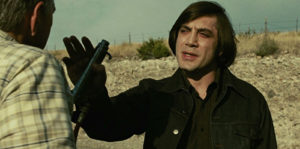
The Coens’ scalpel-sharp dialogue throughout No Country for Old Men, some lifted directly from the novel, further elevates the proceedings. “Where’d you get the pistol?” Carla Jean asks. “At the getting place,” Llewelyn replies dryly. “Age’ll flatten a man,” Bell says wistfully. When his awkward sidekick comments, “It’s a mess, ain’t it Sheriff?”, Bell replies, “If it ain’t, it’ll do till the mess gets here.”
Ambitions, morals, and ethics bake, melt, and become distorted in the scorching desert sun. Bardem is an unstoppable force of destruction, his bob accentuating the ugliness of his character. Though apathetic, there’s a glimpse of enjoyment in Chigurh’s eye when he murders or quietly tends to his wounds. He is violence incarnate, reveling in the destruction he brings, yet living by his own set of twisted principles.
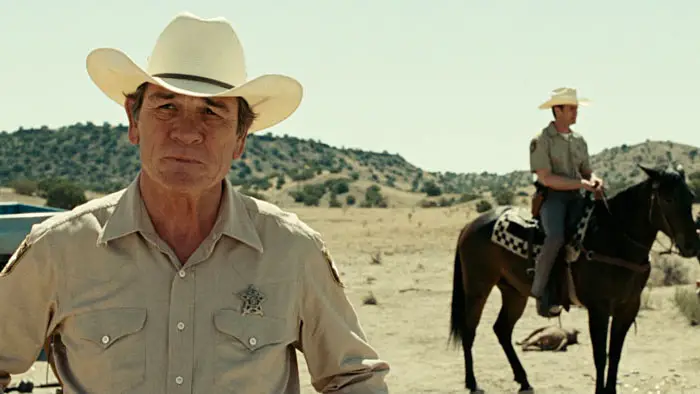
“…one of the most affecting cinematic reflections of the worst in us…”
As the desperate man trying to achieve his goal/escape his fate, Brolin excels, somehow making us root for him without ever really liking him. Jones anchors the proceedings with gravitas, his heavy brows furrowing to emphasize the soliloquy emanating from his saddened eyes. He’s as helpless against the unrelenting moral degeneracy as he is desperate to fulfill his father’s expectations. The supporting cast shines. In a minor role, Woody Harrelson steals his scenes, and Kelly Macdonald is tender and moving, the beating feminine heart of this all-male tale.
A tale of men it is, a study of “toxic masculinity” long before it became an endearing term. No Country for Old Men examines men’s propensity for violence, selfishness, and greed. One generation of men replaces another, leaving the previous one in its dust, feeling disoriented and appalled. This ever-changing landscape of men is brilliantly set against the bleak, unchanging stillness of the Texas desert (or rather New Mexico, where most of the film was shot). The movie marks one of cinematographer Roger Deakins’ crowning works. He paints a world of wide-open spaces, of sand and dust and tumbleweeds, of great violence and beauty.
No Country for Old Men dominated the 2008 Oscars, winning four in the major categories. Watching it today, one can’t help but marvel at its prophetic undertones, epic intimacy, and resonant motifs. We live in a borderline-lawless, violent country, driven by rampant capitalism, ravaged by a pandemic, seized by social media and cancel culture, in the throes of international conflict. The old-timers are confused, revolted, woeful. Can you blame them? “I don’t know what to make of it,” Bell laments early on, “I sure do don’t.”
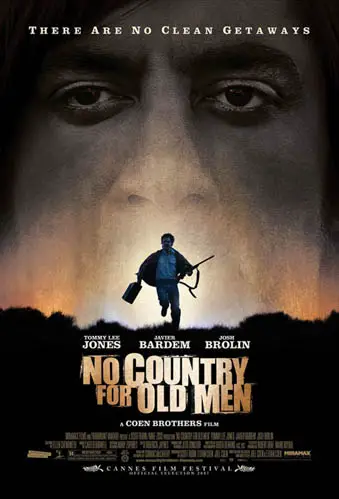
"…an elegiac, gut-wrenching meditation on the passing of time and generational devolution..."
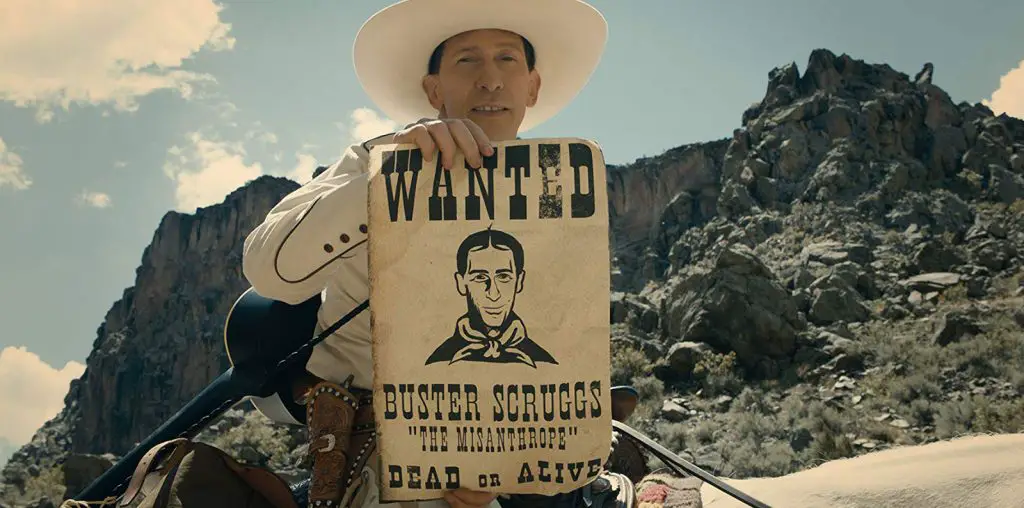
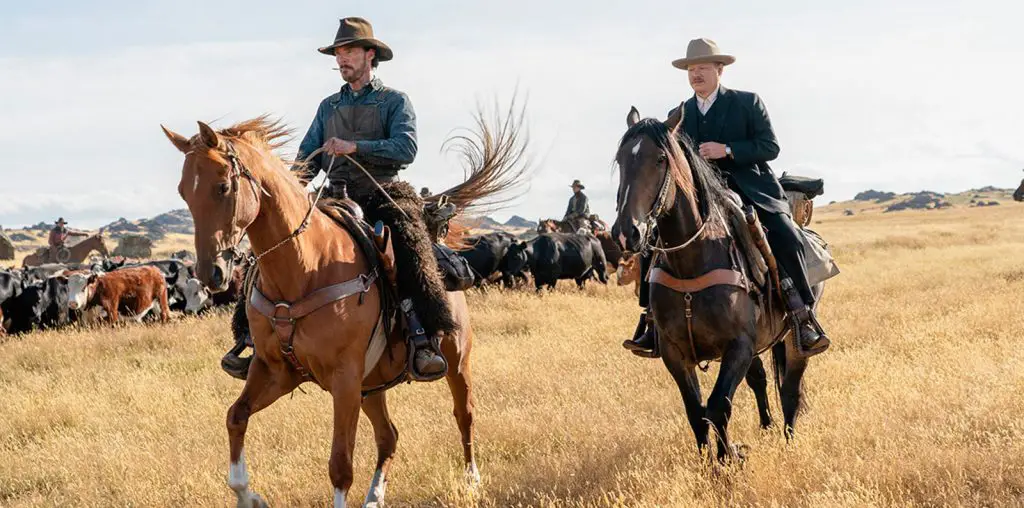
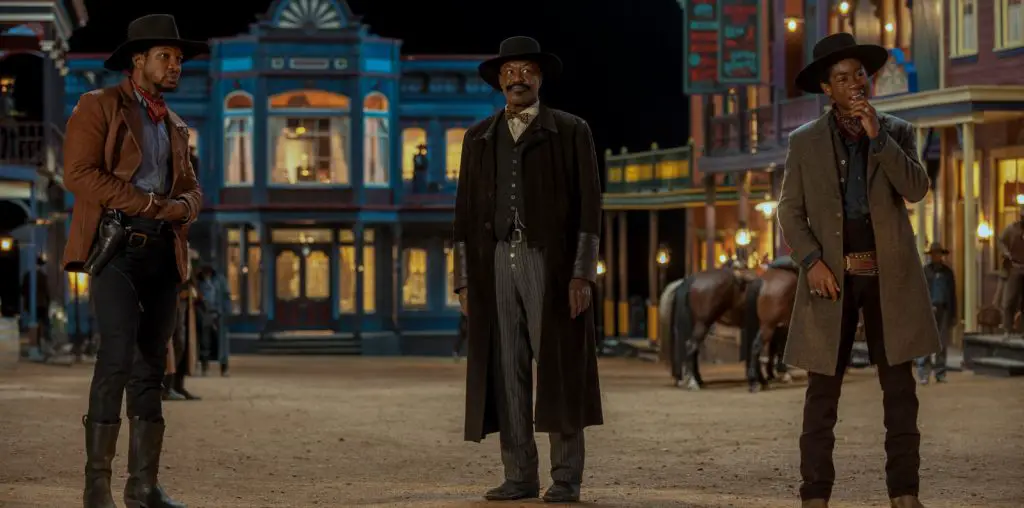
[…] is mostly famous for his thriller performance in 2007’s No Country for Men as Anton Chigurh. Furthermore, he has also portrayed the character of Raoul Silva in 2012’s […]